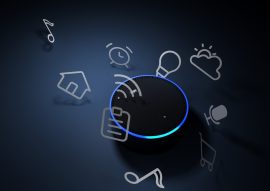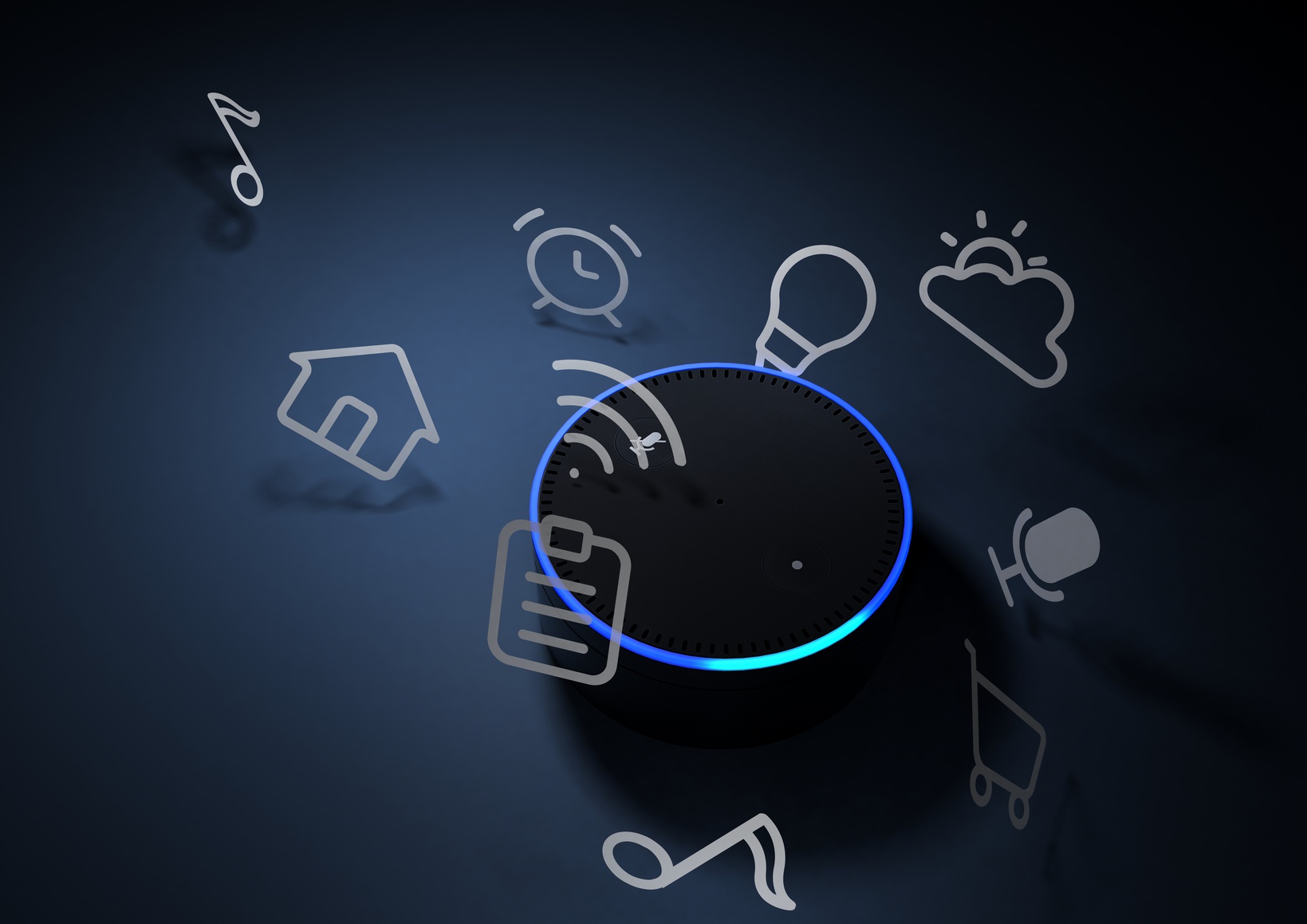 Consider the following patient profile: A 19-year-old with traumatic brain injury secondary to assault presented with moderate deficits in immediate and short-term memory as well as temporal and spatial orientation. He was also legally blind as a result of his injury.
Consider the following patient profile: A 19-year-old with traumatic brain injury secondary to assault presented with moderate deficits in immediate and short-term memory as well as temporal and spatial orientation. He was also legally blind as a result of his injury.
The patient has been receiving skilled Speech Therapy at Rock Canyon since March 2017 to address oropharyngeal dysphagia and communication/cognitive deficits. Additionally, our team employed the use of an Alexa device and TBI services for therapeutic interventions, plus an improved quality of life for the patient.
Intervention Components
Caregiver Coaching
- Educating the patient’s mother on programming the device and its features
- Encouraging caregivers to cue the patient to use the device for temporal orientation and checking or adding events to the schedule
Script Therapy and Drill
- Rehearsing with the patient before having the patient activate the device for adding events to the schedule, checking the date and daily schedule, and solving math problems with drill exercises
Education on Device
- New skills, entertainment features (music, books on tape)
- Shift in ownership — allowing the client to take the initiative to use and experiment with the device independently
Quality of Life
- Music (Spotify, Amazon Prime)
- Books on tape (Audible)
- News (NPR)
- General information (Wikipedia)
- Weather
- Horoscopes
- Alarms
- Games (Jeopardy)
Data
At the baseline, the patient was able to answer 0 percent of temporal orientation questions (day of the week, date, year) or his daily schedule. Currently, the patient shows significant improvements in regards to temporal orientation and personal scheduling when verbally cued to use the device. Goals include having the patient answer temporal orientation questions, add events to his schedule and check his schedule without being cued to use the device.
By Rock Canyon Rehabilitation, Pueblo, CO

